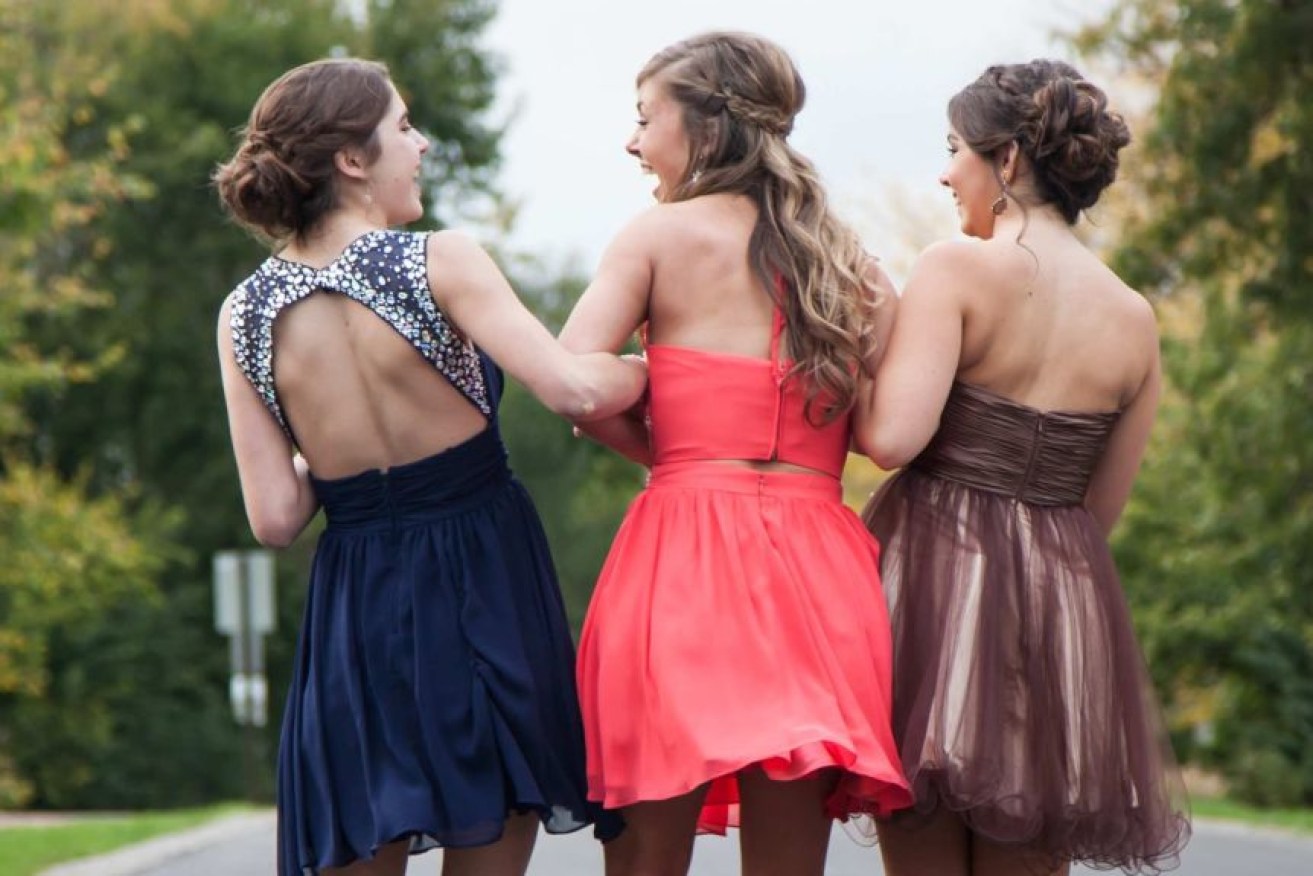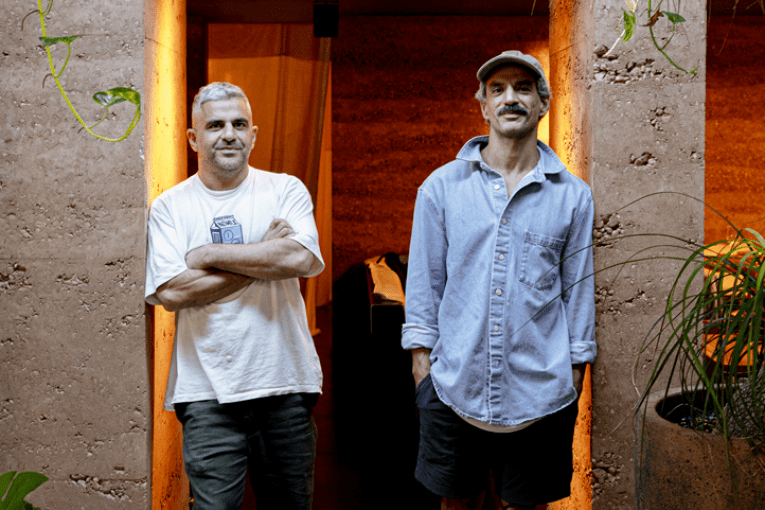Through young eyes: what Qld teens hated, what they learned from pandemic
Queensland teenagers have spoken about the best and worst aspects of living through the COVID-19 pandemic and they have some salient advice for political leaders about how to communicate better with the younger generation.

Queensland students have spoken out about the pandemic - some even had to enter a ballot in order to attend their school formal. (Photo: Unsplash)
The “Living through Covid” report, to be released on Wednesday, reveals how the State’s young people felt about the pandemic and lockdowns.
They said the worst part was the impact on social relationships, loneliness and lack of face to face connection.
The pandemic gave them a greater appreciation of their freedom and their friends. And many said they enjoyed the learning from home experience.
The report, compiled by the Queensland Family and Child Commission, shares the views of 1542 Queensland teenagers, aged 13 to 18 years, who took part in a survey about growing up in Queensland and living through the pandemic in 2021.
Most of those, almost two-thirds, who responded were females, and 13-year-olds dominated.
Of those surveyed, 32 per cent said the worst thing about lockdowns was not being able to see family and friends. Another 27 per cent said remote learning was the worst thing. And others said the impact on recreation, especially not being able to play sport or do non-essential shopping was not good.
Smaller percentages told of a decline in mental health, of loneliness and isolation.
“Not seeing my friends was really hard. It would get quite lonely, I got sick of being with my siblings all the time and not seeing anyone except for them and my parents,” one 13-year-old girl from a metropolitan region wrote.
Another said: “Not being able to see people in person, it was a struggle to have to see people through a screen and not have the normal human interactions I was used to.”
The young people were also asked to identify, from a list, positive features about lockdowns and 45 per cent said the lockdowns had made them appreciate their freedom more. Forty per cent said they enjoyed home schooling and 39 per cent said they appreciated their friends more as a result of being locked down.
The survey respondents were also asked to name the positive aspects of lockdown not on the list. Almost one-third said having time for themselves had been great. Others told of liking the flexibility with school that lockdown provided.
“I had a lot more time, as I did not have to travel to and from school, which takes around 2.5 hours,” one 14-year-old said.
“Sleeping in more, staying late, going to the bathroom whenever and eating whenever,” another 17-year-old said of the positive aspects of home schooling.
And the survey participants had some advice for decision makers when it comes to communicating about COVID-19 to their generation – tailor it better to young people, be more reassuring and positive in the messaging and that age-old chestnut, tell the truth rather than minimise negative information.
“Employ a youth representative that brings a young voice to speak about the issues to connect with the young people better and to communicate from a different perspective,” one 17-year-old said.
And a 14-year-old from North Queensland said: “Leaders need to do separate updates for kids. The other updates from the doctors and government are too long and boring. Sit down with the kids and tell them the information then have kids do a video for other kids.”
Another said: “I would provide a page for kids about COVID-19 to give information to young children who may not hear the news or get told by parents.”
And this: “I would address young people specifically and cater my speech around the key issues affecting them such as mental health during lockdowns and organisations that can assist with mental health.”
A 15-year-old was succinct in saying: “The vaccine information was confusing for me. It was hard to understand why I didn’t have to get it then all of a sudden I did.”
Some of the children suggested leaders should have dropped the hype and stopped scaring people and talked more about milestones in moving forward.
QFCC principal commissioner, Cheryl Vardon, said about 55 per cent of the participants had provided practical suggestions about how governments and leaders could better communicate with young people when making decisions about the virus.
“One of the main suggestions young people told us was they want simple and reassuring youth-centred information in language they can understand, delivered directly to them,” Vardon said.
“Remote learning was reported as the second worst aspect of lockdowns, with more than a quarter of participants saying challenges included insufficient support to complete schoolwork, detrimental impacts of an absence of structure, and limitations around communicating with teachers online.”
The report will be handed to government and community organisations on Wednesday.












